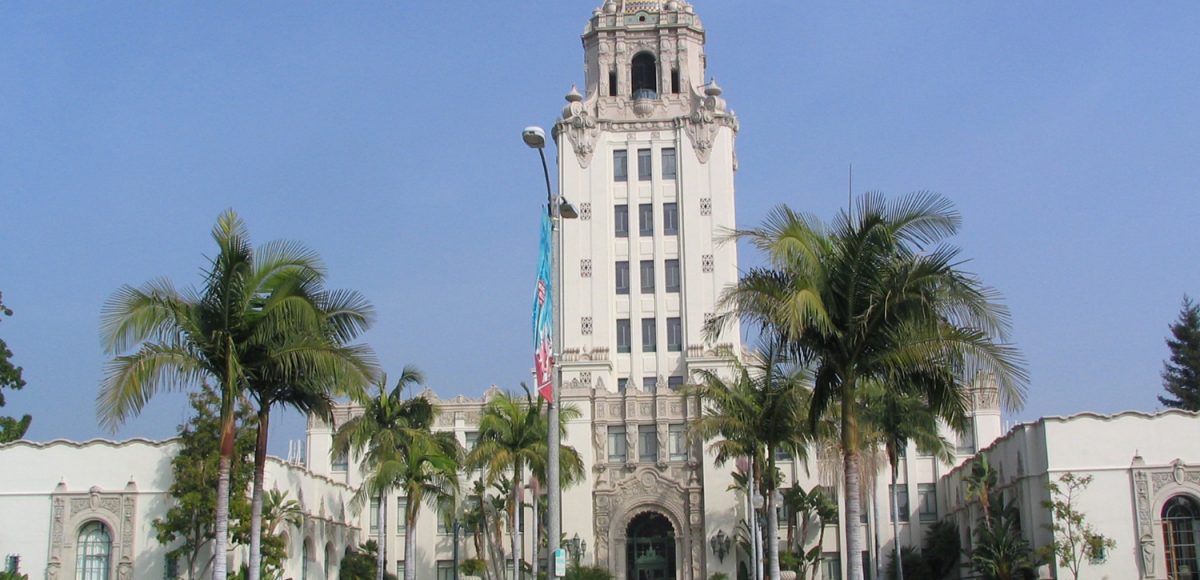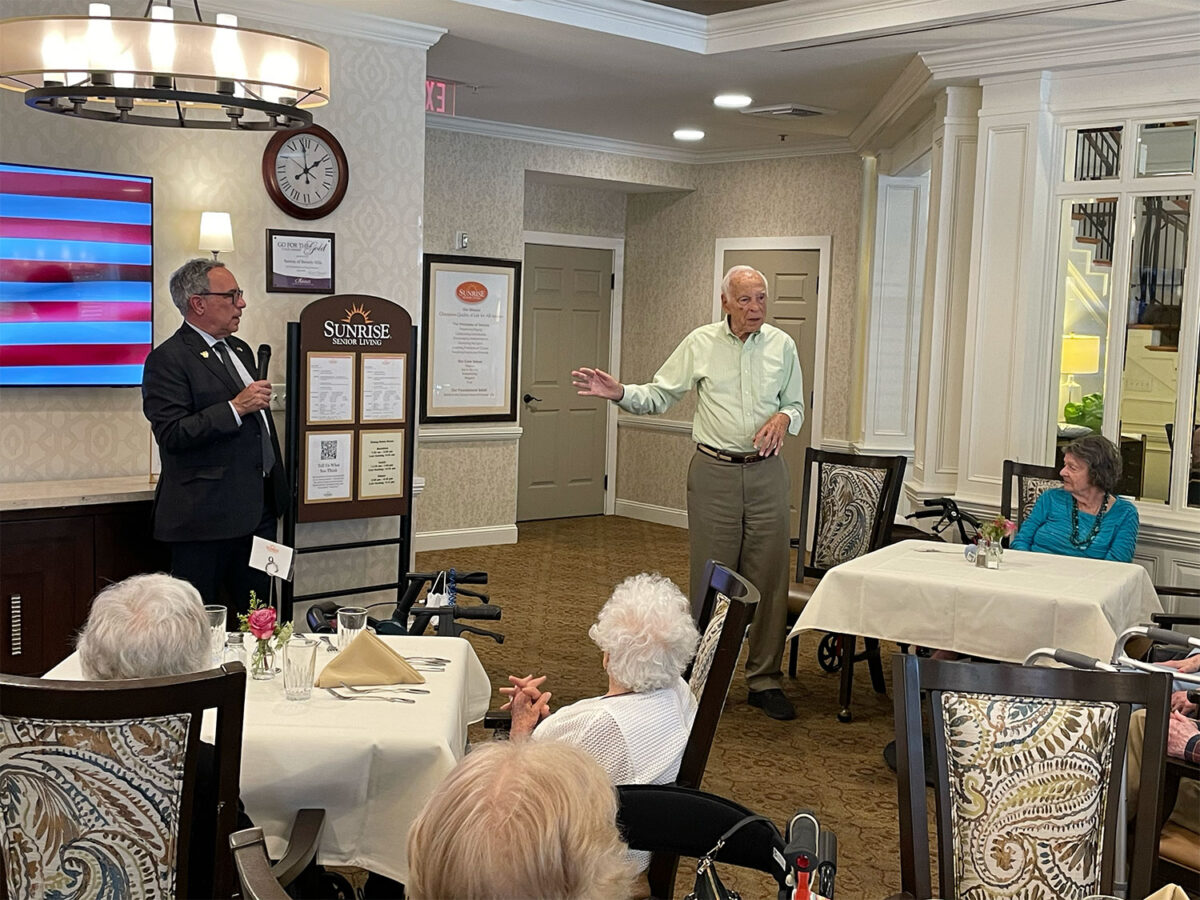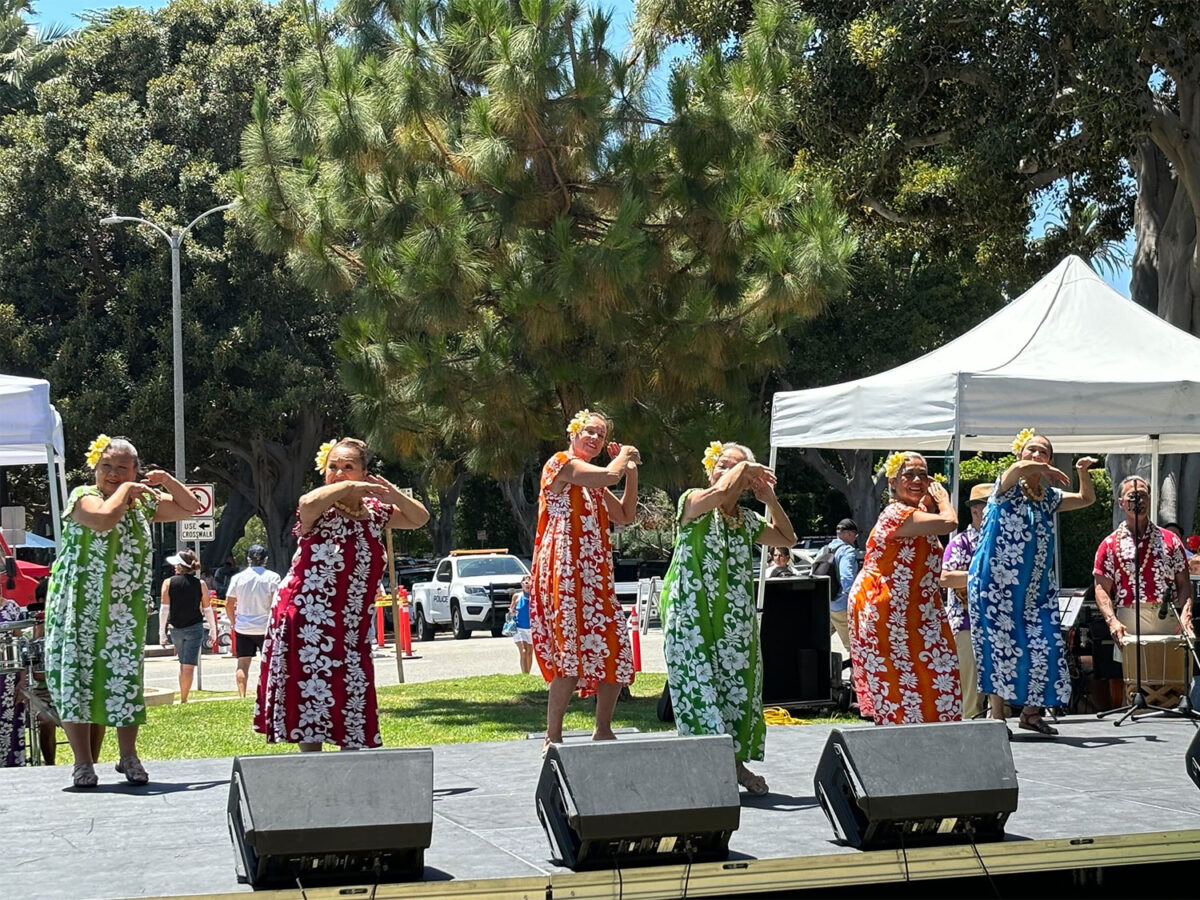The Beverly Hills City Council considered a multitude of items on July 14, including issuing $68 million in Water Revenue Bonds, expanding election transparency, and increasing solid waste service rates.
Water Bond Refinancing
The City is poised to sell $68 million in water revenue bonds next week with the formal closing to occur on Aug. 12. The Water Revenue Bonds Series 2020A and Water Revenue Refunding Bonds Series 2020B will be used to finance and refinance certain improvements to the City’s Water System.
As identified in the City’s Fiscal Year 2019/20 Capital Improvement Budget, $32 Million worth of improvements and upgrades will be made to the Beverly Hills Water system. Such improvements include upgrades to the City’s Foothill Water Treatment Plant, the construction of groundwater wells, and the acquisition of related equipment to enhance the City’s water supply reliability.
“This is an excellent time to be going into the market with near record low interest rates. Assuming no major changes in the market and with our AAA rating, we anticipate the final results will be even better than our relatively conservative estimates this evening,” Director of Finance Jeff S. Muir told the City Council at the July 14 formal session.
According to Muir, the Water Revenue Bonds Series 2020A will be new debt issued to support the Water Enterprise Plan and water system improvements and will increase the City’s outstanding debt by an estimated $32 million. The Water Revenue Refunding Bonds Series 2020B will refund the 2012 Water Revenue Bonds and result in $5.6 million in gross savings ($4.6 million net) for the City.
The plan to issue new debt and refund existing debt was brought to the City’s Audit and Finance Committee on June 19, where it received consensus to proceed to the full City Council.
“To be able to refinance these bonds and get this level of savings, I am all in,” said Councilwoman Lili Bosse.
Transparency in Elections
The Council unanimously supported expanding the City’s current regulation on Ballot Measure Committees to also include Independent Expenditure Committees. Following direction by Council members, staff will draft an ordinance for a vote at a future City Council meeting.
Per the July 14 staff report authored by City Attorney Larry Friedman, “Independent Expenditure Committees are not subject to the City’s contribution limitations because, according to the United States Supreme Court, they do not pose a significant risk of corrupting a candidate and therefore there is not a compelling purpose to limit the First Amendment rights of donors to these Committees.” Mayor Lester Friedman had requested Council consider expanding the current regulation in response to a discussion which originated with the Sunshine Task Force. In the wake of the March 2020 election, the Council fielded significant criticism after the political action committee (PAC) named Beverly Hills United to Support Bosse and Gold for Council 2020 flooded the community with a high-end advertising campaign in anticipation of the March election, despite each candidate having committed to a voluntary cap on campaign spending. Numerous donors to that PAC each contributed $10,000. Both Councilman Julian Gold and Councilwoman Lili Bosse, who were reelected last March for a third term to City Council, disavowed any connection to the PAC.
In moving forward with an ordinance which requires Independent Expenditure Committees to fulfill the same requirements as Ballot Measure Committees, there will be several new protocols in place. Most meaningful, within 72 hours after a payment is made of at least $250, the independent committees will soon be required to file a form with the City Clerk that includes the name and address of the committee, the Fair Political Practices Committee (FPPC) identification number, and the name of the treasurer of the committee. Such information would be in addition to the campaign reports required by the FPPC. In addition, the committees will also be required to file additional reports with the City Clerk for the period that ends 30 days before the election, and also for the period that ends 10 days before the election. In the last 10 days before an election, committees will be required to file a report on the next business day upon receiving a contribution of at least $1,000.
With respect to advertising, the ordinance will require committees to print the names of all of those who have donated at least $10,000 on all material as well as state that more information regarding contributions may be found on the City’s website (www.beverlyhills.org).
“The City tightly regulates individual election contributions to eliminate the role of money in local politics. This proposal would serve that purpose,” Mark Elliot wrote in a letter to the City Council concerning the agenda item.
Solid Waste Rate Increase
Beverly Hills residents and businesses will see solid waste service rates increase beginning on July 1, 2021. The five-year plan to increase rates starting next year will mark the first time in a decade that the City has increased the associated fees.
The Solid Waste Enterprise Fund relies solely on revenues generated by fees to cover the costs of residential and commercial solid waste removal and processing and the proposed five-year phase-in rate adjustment uses reserve funds to minimize the impact on ratepayers.
In forecasting customer rates, Director of Public Works Shana Epstein said that a single-family home on an 11,000-square-foot lot which now pays a bi-monthly rate of $114.40, would begin to pay $124.12 on July 1, 2021. That rate would gradually increase annually until July 1, 2027, when such customers would pay $182.50 bi-monthly. Rates for multifamily units are expected to double from the existing bi-monthly rate of $36.62 to $72.87 on July 1, 2027.
The City’s new Solid Waste Franchise Agreement with Athens Services will start on April 1, 2022, with a 61 percent contract rate increase. After the eight-year contract term, the City has the option to extend for up to 24 additional months until March 31, 2032. In tandem with the additional fees, Athens will provide two new services for commercial customers: a separate 65-gallon organics cart service and implementation of a Sunday service surcharge. Organics collection is already offered to residents as part of the current agreement.
In presenting a trio of options to the City Council for consideration, including starting the rate increase on Jan. 1, 2021, Epstein advised Council that staff would need time to proceed with the Proposition 218 public notice process for implementation of Solid Waste rate adjustments. As part of the public outreach process, there will be two town halls as well as multiple public meetings in order to allow for significant public outreach.
While none of the Council members favored a rate increase, particularly in light of the financial impacts of COVID-19, all members agreed that delaying any rate increase for as long as possible was the best option.
“January seems too soon to me given everyone’s economic reality in the months ahead,” said Councilwoman Lili Bosse.
In delaying the rate increases by six months, Epstein said the City could realize $500,000 in savings by removing a planned street resurfacing expenditure from Fiscal Year 2020/21. However, Councilmembers were not in favor of setting that precedent.







